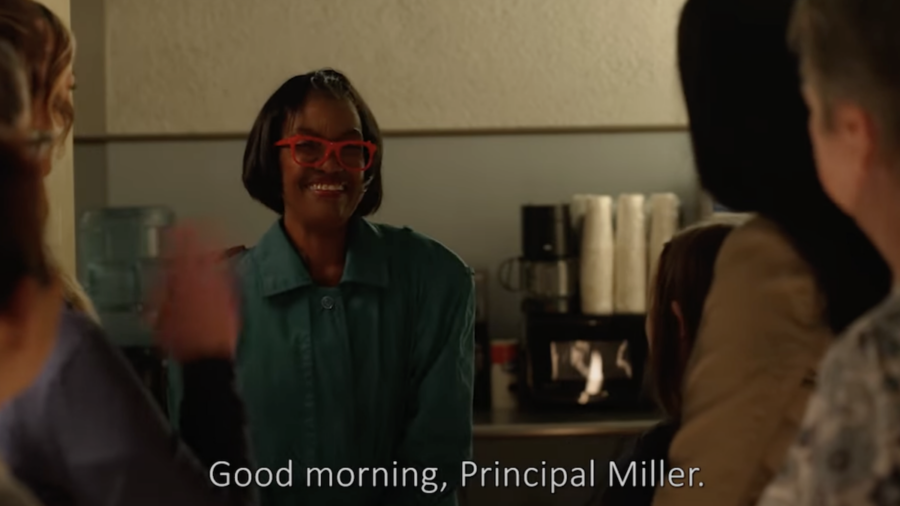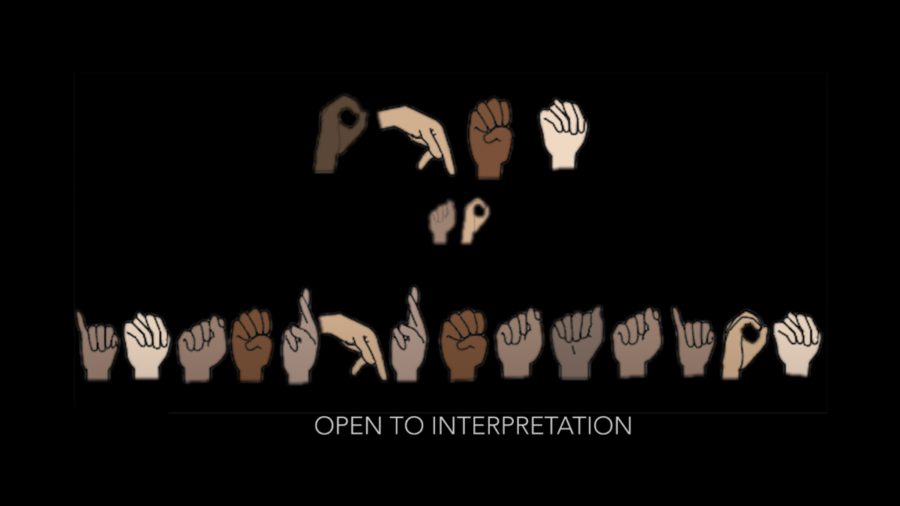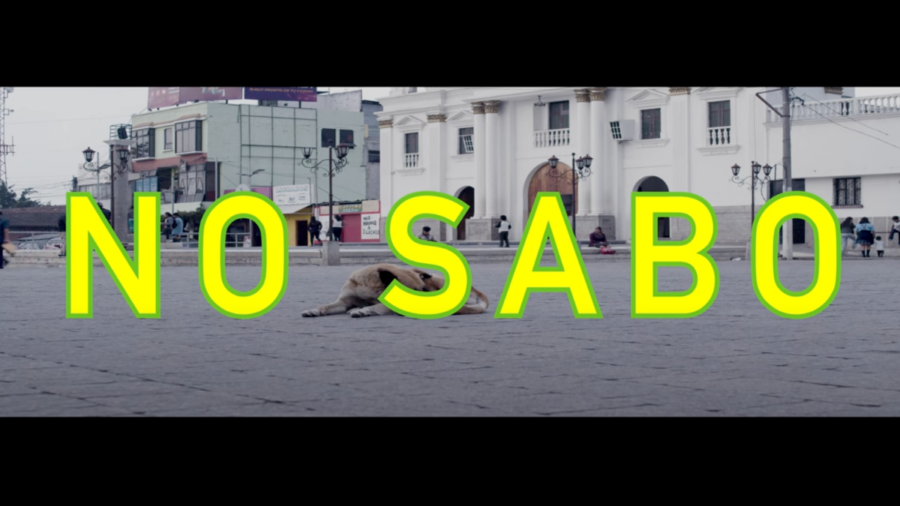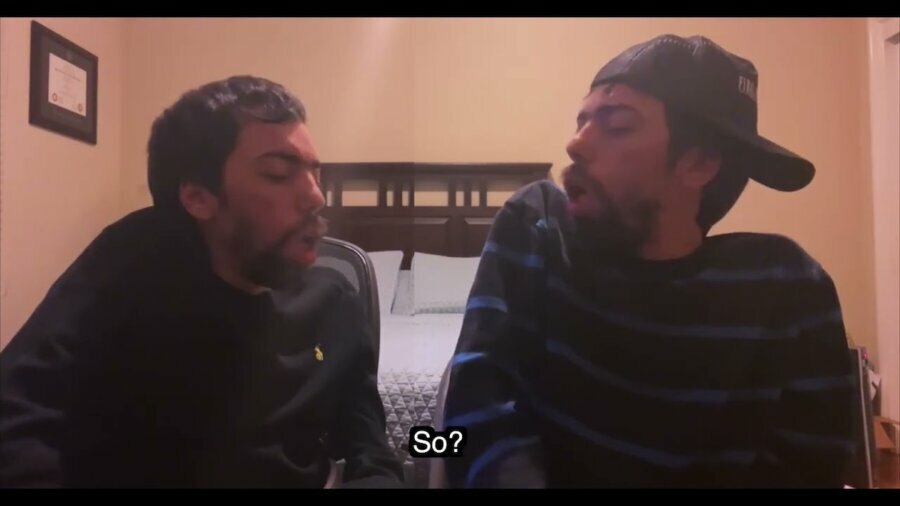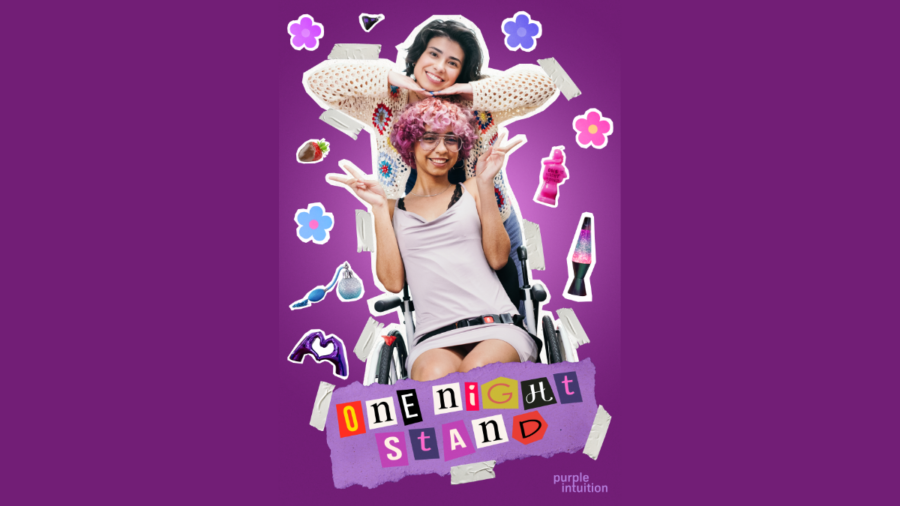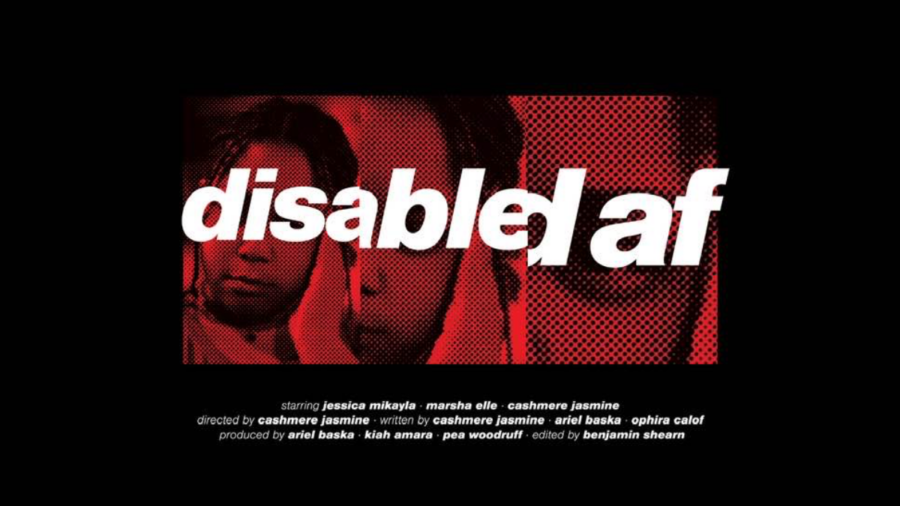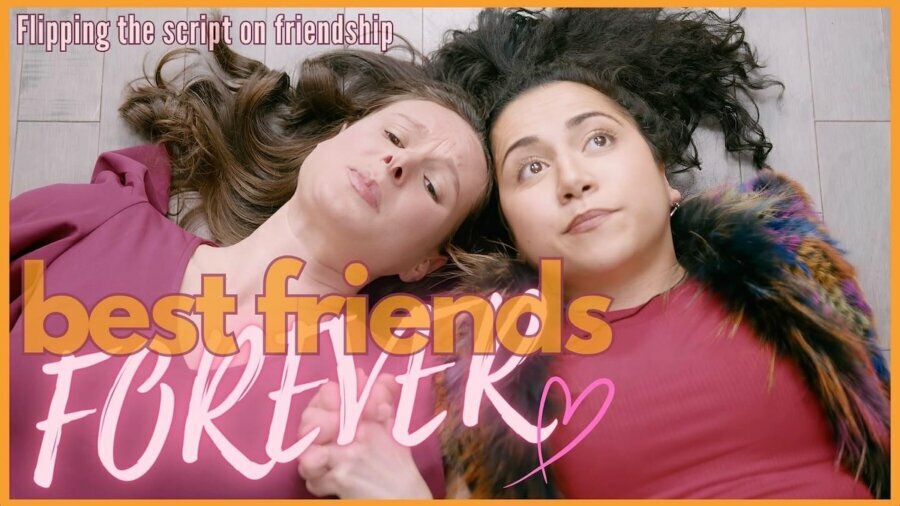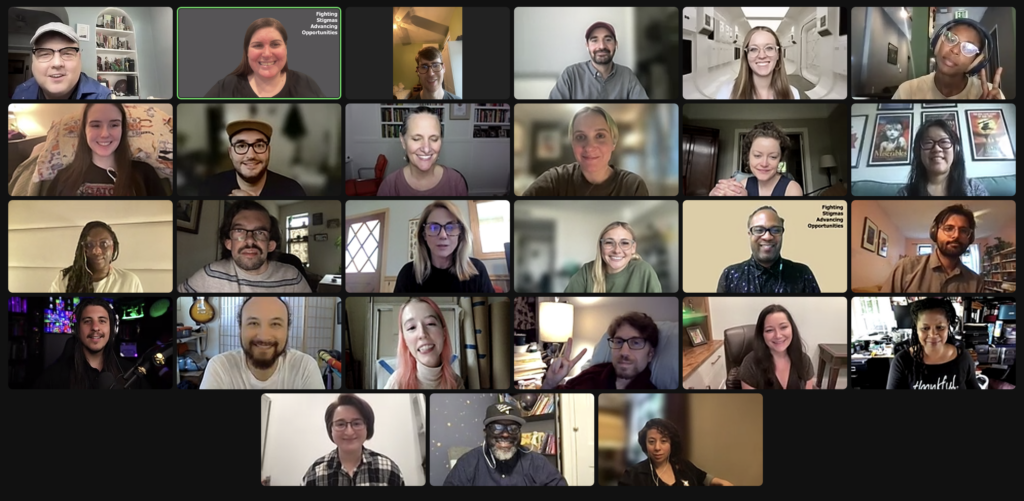
Lab alumni Nasreen Alkhateeb (2019, Cinematography), April Caputi (2019, Casting), Annie Hayes (2023, TV Writer), and Chrissy Marshall (2023, Writer / Director) shared their industry experiences and offered advice to the 2024 virtual cohort of the RespectAbility Entertainment Lab.
A major component of the RespectAbility Entertainment Lab includes building a community of disabled creatives. One way that RespectAbility achieves this is by inviting alumni to return to share about their experiences – both during and following the Lab – to offer advice to the new cohort.
During an orientation for the 2024 Virtual Cohort, four alumni shared that the Lab goes beyond gaining experience in their area of interest. A common theme emerged among the panelists as many shared how their time during the Lab impacted their perception of disability, including their own. [continue reading…]


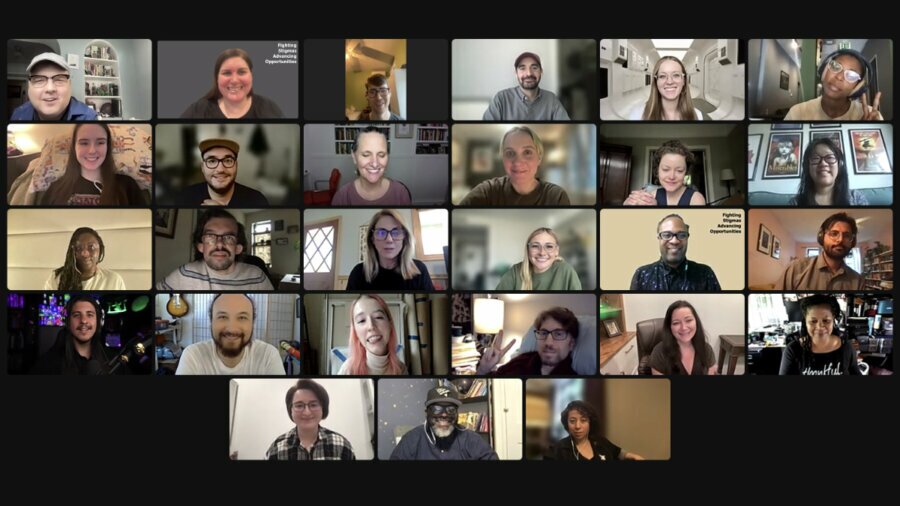
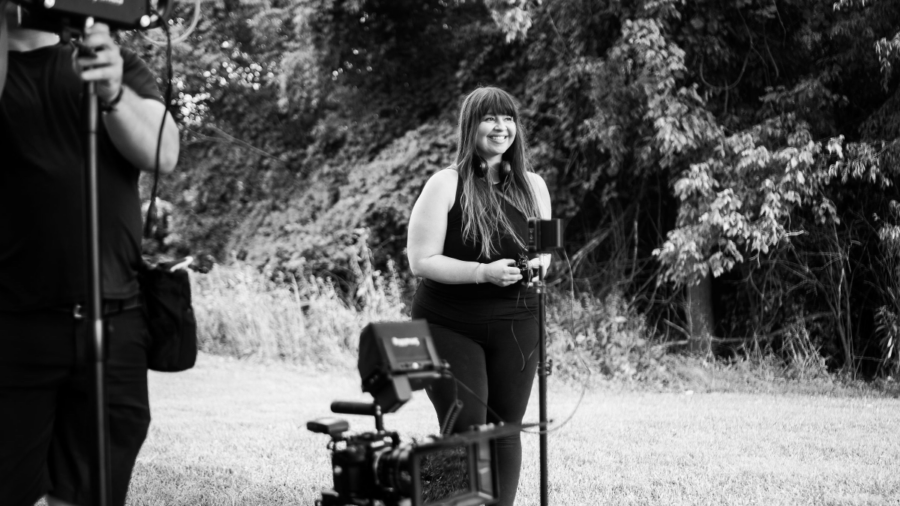
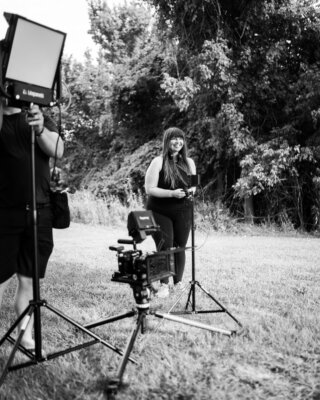

 Every year on the 15th day of the Hebrew month of Nissan (April 22 on the Gregorian calendar this year) Jewish people celebrate Passover. We gather at homes and synagogues for the first of two seders. The Haggadah includes the order of the rituals, blessings, songs, and readings. It even tells when to eat the seder meal.
Every year on the 15th day of the Hebrew month of Nissan (April 22 on the Gregorian calendar this year) Jewish people celebrate Passover. We gather at homes and synagogues for the first of two seders. The Haggadah includes the order of the rituals, blessings, songs, and readings. It even tells when to eat the seder meal.